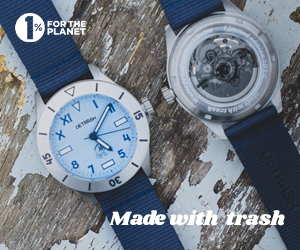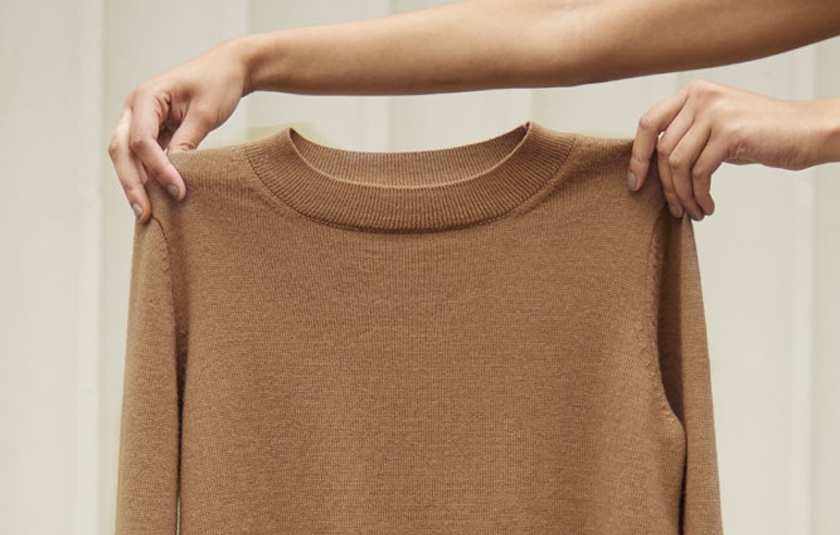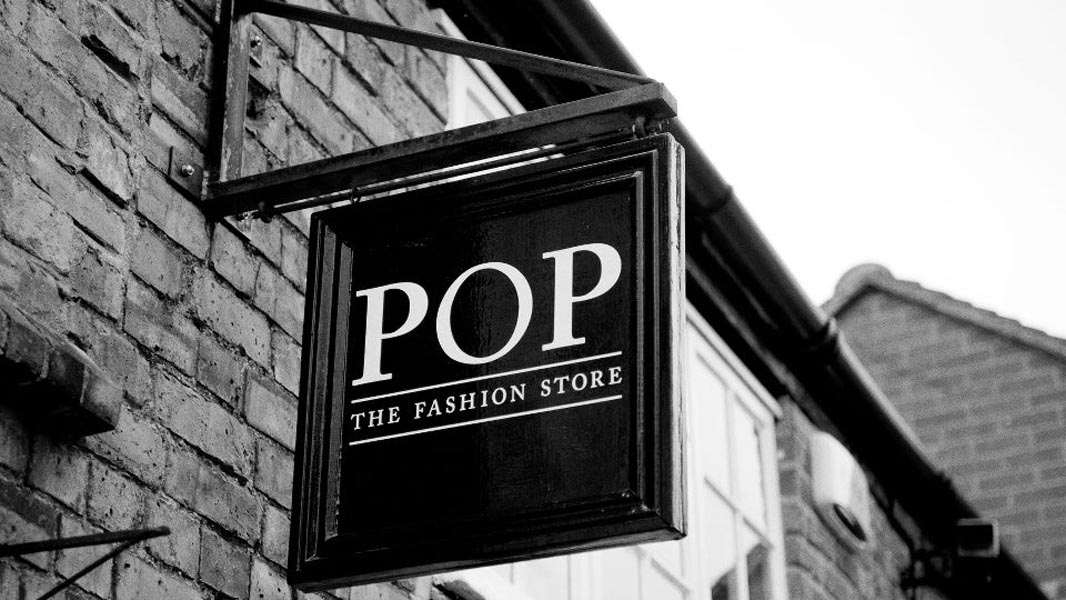Stunningly beautiful fashion that’s produced under fair and environmentally friendly conditions and made where the workers live was Kirsten Weihe-Keidel’s goal when she first opted to site her production plants in India in 1996.
‘I didn’t want to be someone who looked the other way; I wanted to be the change,’ says Kirsten.
Based in Frankfurt, the founder of Sense Organics childrenswear has stayed true to her motto throughout the 20 years she has been working in international textile production. The Sense Organics label has since become synonymous with high-quality baby and toddlerwear made from sustainable materials.
 The twice-yearly collections feature a vintage Nordic look, in sophisticated designs that include playful motifs and bold, all-over prints. Comfort is a key element of any collection, and Sense Organics believes that style does not have to compromise on comfort. A broad, non-seasonal collection of basic pieces for baby, which also come in tiny (‘premature’) sizes and are made of cuddly cotton, is available throughout the year. A luxury knit collection of rompers and trousers completes the range.
The twice-yearly collections feature a vintage Nordic look, in sophisticated designs that include playful motifs and bold, all-over prints. Comfort is a key element of any collection, and Sense Organics believes that style does not have to compromise on comfort. A broad, non-seasonal collection of basic pieces for baby, which also come in tiny (‘premature’) sizes and are made of cuddly cotton, is available throughout the year. A luxury knit collection of rompers and trousers completes the range.
Sense Organics employs a core team in Europe that focuses on design, distribution and logistics, with a growing production network in India of over 1,500 seamstresses, merchandisers and graphics specialists working at the production sites.
The supply chain is founded on long-term cooperation between partners, and is 100% organic and socially certified by the GOTS, SA8000 and FLO regulatory bodies.
For Kirsten, the social aspect of production is a major concern. Right from the start her aim has been to initiate change among producers, choosing to collaborate with select companies on a long-standing, consistent basis. She settled on India as a production location because it enjoys the world’s largest harvest of fair-trade organic cotton. The huge expertise in fabric production gained locally over generations was another deciding influence. Kirsten’s aim is, among others, to keep the entire production chain within the country of origin.
Kirsten herself spends at least three months of the year in India, assisted during her visits by two permanent employees.
All Sense Organics production sites are SA 8000-certified, which guarantees compliance with high corporate social responsibility standards. Certification is based on ILO conventions (International Labor Organisation), UN guidelines (United Nations) and national law, all of which protect the fundamental rights of workers.
Each of the South Indian manufacturers operates their own social or environmental protection project. For example, one of the textile factories is engaged in promoting the welfare of women. The company is run by a woman, and the local seamstresses – mostly from rural parts of the region – are provided with live-in facilities. There is a kindergarten and a cafeteria on site, where freshly cooked dishes are served every day using vegetables from the in-house organic garden. A Red Cross mobile service provides medical care. These amenities make it possible for women to earn a living away from home for the first time, while providing for their children. It’s no surprise that the factory is one of the most popular employers in the region.

Another project facilitates a reliable and ecologically sustainable energy supply.
A fully specialised organic cotton manufacturer in the Sense Organics network operates its own windmills, and is one of the very first Indian companies to be carbon-footprint certified. In future, the employer and his more than 1,000 employees want to become energy-efficient and CO2-neutral – a highly profitable ideal in a country where power failures are still the order of the day.
Sense Organics is constantly working to improve its production processes. The three-tier foundation of social, environmental and economic sustainability is and will remain of utmost importance to the brand. High up on this entrepreneurial pioneer’s wish list is the banning of genetically manipulated seed from cotton production in the field, which Kirsten hopes to achieve by the abolition of hybrid seeds and by means of the continuous certification of organic seed. This has already seen considerable success in India.

With an eye to the future, Sense Organics is looking to co-launch initiatives in Myanmar to encourage small cotton farmers to refrain from using pesticides on their fields and to use GMO-free seed.
Sense Organics and partners would consider buying cotton produced from these fields, processing it at the production sites in India. With these kinds of initiatives, change for the better in the world of textiles might still be possible.













